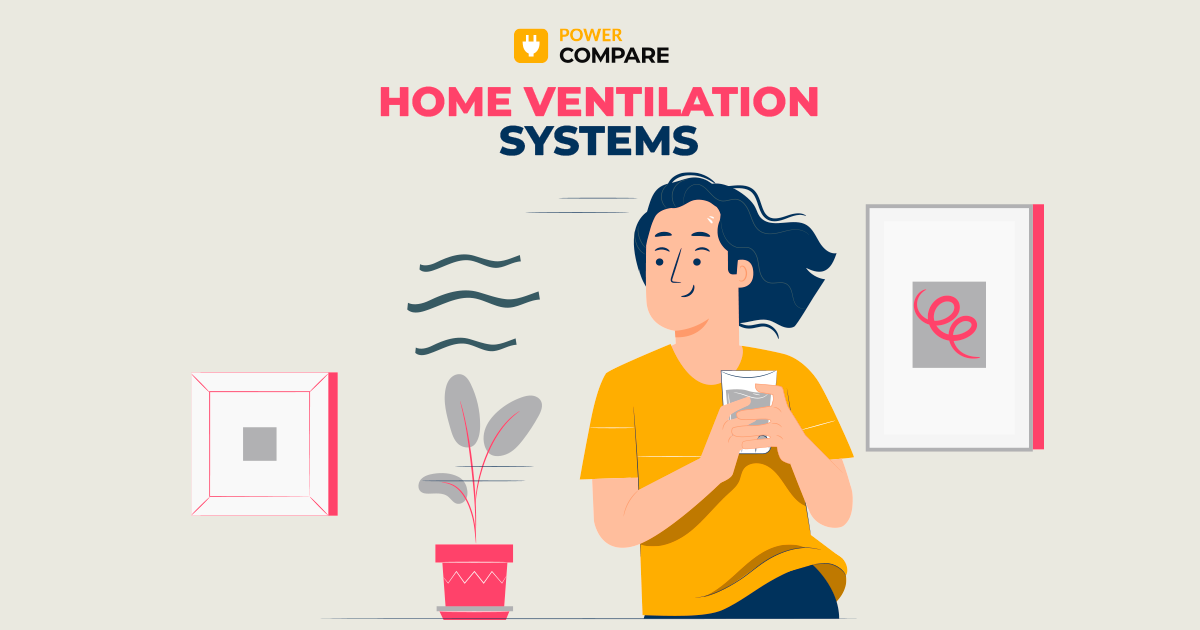The different types of home ventilation in New Zealand.
Damp and stagnant air can cause a build up of mould, mildew and moisture in the home. This can have dire consequences to your family’s health, the integrity of the home, and the overall quality of living. Cold and damp homes are no fun!
While you can try to open windows and doors as a way to improve airflow, this isn’t always a great option in the winter months, when the breeze is freezing! A home ventilation system can be a great alternative solution to improve air flow in your home, and prevent moisture build up.
Types of Home Ventilation
We have two main types of home ventilation systems in New Zealand.
- Positive pressure ventilation systems.
- Balanced pressure heat recovery systems.
Benefits of Home Ventilation Systems
New Zealand is notorious for rainy, cold winters and humid summers. When there is a build up of moisture, mould and mildew can grow, which can exacerbate allergies and cause illness. It can also damage personal items such as clothes, books and even the beams and structures of the home. Ventilation systems work by transferring the air in your home and replacing it with fresh air. It removes the stagnant air from your home, and helps freshen up the house. This can help with eliminating odours, especially associated with moisture, and help your house feel clean.
What are Heat Transfer Systems?
Heat transfer systems are great solutions to have alongside your air ventilation system. Heat transfer systems capture the warm air from a room of your home, and pipes it through ducts through your house, depositing the warm air into one or more other rooms. They don’t typically bring fresh air from outside into the house, so aren’t the same as air ventilation systems. But they work great in conjunction with one another to address cold, and damp air.
So, if you have a room that is generally warmer than others, such as the living room with the heat pump, you can install a heat transfer system to help distribute heat to the bedrooms and other rooms in the house.
Shop with Energy Efficiency in Mind
Home ventilation systems and heat transfer systems will cost money to run. Be sure to do your homework, and invest in systems that are energy efficient. This means that they will use the least amount of energy possible to do their jobs, ultimately helping to minimise your power bill.
Compare Power Plans
You can also save money on your power bill by jumping on Power Compare and comparing power plans and providers available to you. This is an especially important habit to make with the regular rising costs of services around us, including power. Our user-friendly platform is designed to help you compare plans side-by-side within minutes, and get matched with the right plan for your unique household needs. It’s the most effective way to unlock savings that make a true difference to your budget and monthly expenses. Why pay more money on your power bill when you can discover a better deal for free?
Further Reading:



